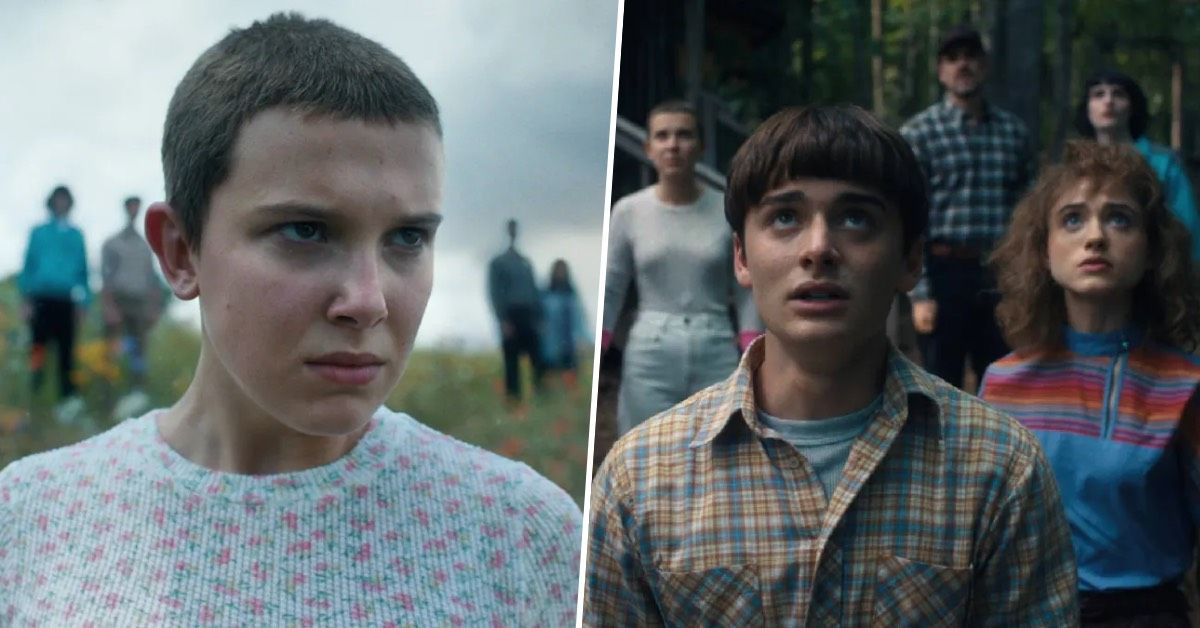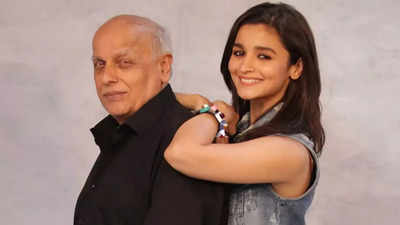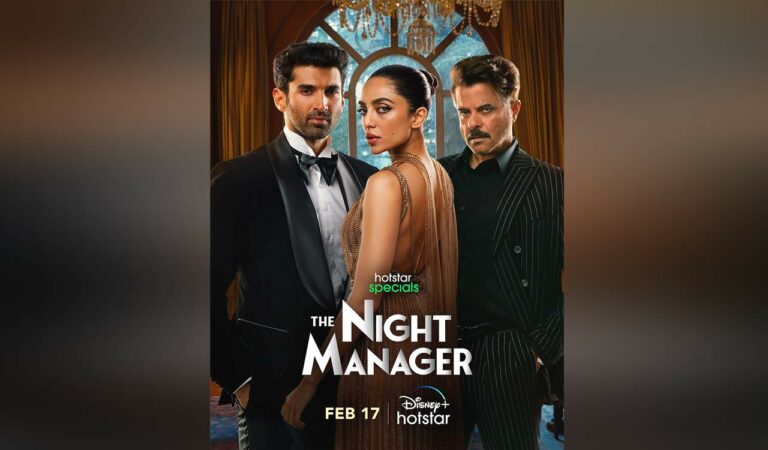Emily Henry, then the author of solidly successful but quietly received YA fiction, had run out of things to say about teenagers when she started her first book for adults: “Beach Read,” a romance novel that doubled as a poptimist manifesto. This defense of feel-good commercial fiction landed right when audiences were craving some lightness, in the spring of 2020. It – and every Henry book since then – was a hit.
Even as the pandemic and the rise of BookTok have supercharged the romance genre, Henry stands out for her mainstream, even upmarket, appeal. (A sure sign of this: Since “Happy Place” in 2023, her publisher has been releasing her work in hardcover, a pricier format.) Her books have become the go-to rec for your friend who’s looking for something fun but not dumb – picture a Nora Ephron of middle America.

The female protagonist is sharp and likable and working in her dream job; so is her love interest, who is steady and kind and probably regularly goes to therapy; the setting is usually a quaint, semi-remote locale that forces them out of their old lifestyles; the plot features a knowing, but not overly disruptive, twist on some classic romance setup. Each of Henry’s novels has shot straight to the top of the bestseller list. But even as her work is extremely likable, readers fiercely disagree about which book is best.
After much internal debate, here is the overall ranking from the staff of Book World (with some of our individual takes on the novels): 5. ‘People We Meet on Vacation’ Berkley Henry’s 2021 novel has a fun structure: The romance develops over 10 trips taken by two best friends, Alex and Poppy, who have been traveling together since college. The problem is that the years-spanning plot really overextends the emotional arc.
Romance novels always make you feel a little impatient for the characters to just kiss already, but here the pining gets repetitive and, as a result, treacly. – Sophia Nguyen If this were my personal list, this book would be at the top. With the caveat that some of my fondness for this book may come from its role as my gateway drug into the world of romance novels, basically everything about “People We Meet on Vacation” feels like a delicious, layered Ferrero Rocher chocolate.
At the same time you chart the growth of Poppy and Alex’s friendship, you unfurl the central mystery: Why did they lose touch? What a delightful contrast in texture! How much you like this book may depend on whether you find their relationship charming or cloyingly twee. Admittedly, even I, a staunch member of Team Charming, have my doubts that Poppy and Alex will be happy together 10 years down the road. But I love how the more you learn about their shared past, the better you can understand their present dynamic.
– Rachel Kurzius 4. ‘Book Lovers’ Berkley A hard-driving literary agent reluctantly agrees to go on a sisters’ trip to a ridiculously charming town in North Carolina, Sunshine Falls, where she keeps running into her hot professional rival, a book editor named Charlie, who also happens to be visiting from New York. Depending on your taste, that either sounds like a cheap Hallmark Channel movie or a tongue-in-cheek riff on that genre.
The pitfall, though, is that when Henry tries to discuss broader themes – complex sibling relationships and caretaking responsibilities – it feels jarring against all the cutesiness. – S.N.
3. ‘Funny Story’ Berkley The premise alone makes Henry’s latest rise in the rankings: Daphne, a children’s librarian, moves to the small hometown of her fiancé, Peter, only for him to break up with her after he drunkenly realizes at his bachelor party that he’s in love with his childhood friend, Petra. Who has an extra room in his apartment and is looking for a roommate? Petra’s similarly heartbroken ex, Miles.
The revelation that the protagonist is actually a bit character – the inconvenient obstacle! – in someone else’s will-they-won’t-they romance lends the story a tart acidity that distinguishes it among Henry’s works. Yes, there’s a goofy scene involving a wedding dress. Also, Daphne’s devotion to the library’s summer reading program takes up a lot of space in the plot.
But between the oblivious exes and a deadbeat dad, it feels like Henry is allowing more antagonists to enter her fiction, and with them, more interpersonal complexity. – S.N.
2. ‘Beach Read’ Berkley Henry’s first adult novel serves as a sly retort to everyone who scoffs at romance novels, while also providing a lush, squee-inducing entry to the genre. January is a romance novelist facing writer’s block as she grieves her father and the end of her relationship with her seemingly perfect boyfriend.
Her summer neighbor is her former college rival, Gus, who has gone on to write much-lauded literary fiction. When she finds out he, too, is at a creative impasse, they decide to trade genres and take each other on outings to learn about their writing process. “Beach Read” shows why readers turn to Henry for whip-smart, hilarious banter and scenes thick with longing and tension.
Sure, the characters establish why romance novels are worthy of serious consideration, but the book itself is doing far more work toward that mission. We should all be so lucky to read it on a beach. – R.
K. 1. ‘Happy Place’ Berkley Taking place during an annual group trip to a cottage in Maine, this feels like the most thickly populated of Henry’s novels.
The central romance (between a couple who is keeping their breakup a secret, for the sake of their college friends) is just one part of a much larger, richer story about nostalgia and the fear of change. – S.N.
I hate to be the squeaky wheel again, but I can’t in good conscience consider this Emily Henry’s best. I appreciate what “Happy Place” is trying to do. I just don’t think it does it very well.
The emotional stakes feel low, and the central tension could be solved with one honest conversation. Look, the reveal that the big conflict isn’t between the two romantic leads, but actually among the broader friend group, is incredibly clever. It reflects how much we as a society, and the romance genre in particular, focus on that one special someone to the detriment of other important relationships.
Genius in theory, but it simply wasn’t as fun to read. But let’s face it, even my least-favorite Emily Henry is still a pleasure to read. – R.
K. Knott’s Harbor, Maine, is Emily Henry’s ‘Happy Place.’ Do you recognize it? Modify your screen name Please sign into your Press Herald account to participate in conversations below.
If you do not have an account, you can register or subscribe . Questions? Please see our FAQs . Your commenting screen name has been updated.
Send questions/comments to the editors. « Previous Next ».



















